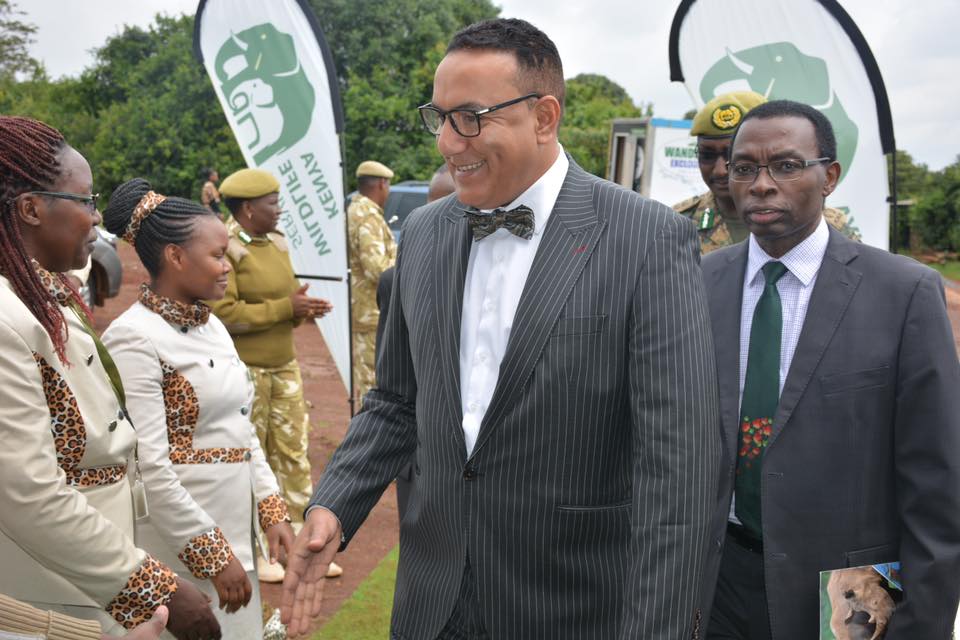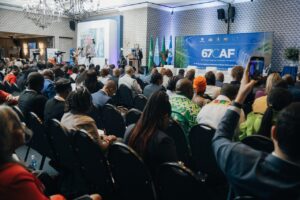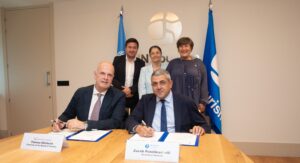The fight against corruption needs to be strengthened in order to boost the tourism industry in the country. Cabinet Secretary Hon. Najib Balala has said.
Balala said it was unlikely to expect the sector to thrive when riddled with corrupt employees who promote bribery leading to higher crime rates.
Balala said this today, while launching the Kenya Wildlife Service Corruption Prevention Policy, Code of Conduct and Corruption Perception and Experience Survey, at the Ivory burning Site in Nairobi National Park.
The event also coincided with the International Anti-Corruption Day.
The policy and the code of conduct were as a result of partnership between the United Nations Office on Drugs and Crime (UNODC) and Kenya Wildlife Service.
The KWS Corruption Prevention Policy has set out structures for corruption prevention in the organization such as; strengthening KWS’s internal oversight functions in order to enhance its capacity to conduct regular audit systems and procedures, maintain a database for commonly occurring unethical practices and adherence to the service’s code of conduct among others.
Balala said the fight against corruption should target culture change in the entire tourism sector and other sectors in the country. He said corruption is fueled by greed and dishonesty and the notion that life is by all means.
The CS called on KWS’s finance section to change with the times. He said the section should change from issuing manual receipts while collecting park fees to digital ones by creating a seamless system.
Balala disclosed that poaching was at its lowest ebb ever this time compared to three years ago. He attributed this to the hard work of Kenya Wildlife Service and partners in protecting wildlife.
“Now that the policy and the code of conduct are in place, poaching will end.” Balala said.
The Principal Secretary in the State Department for Wildlife, Professor Fred Segor who was present, said corruption is a monster which kills Kenya’s bio-diversity. He advised KWS’s management to identify the existing gaps in order to eliminate corruption once and for all.
Deputy Assistant Secretary, Bureau of International Narcotics and Law Enforcement Affairs (INL) of the United States government Ms. Heather Merritt said corruption accounts for $2.6 trillion worldwide. She said this was a big amount of money which needs to be saved.
Also present were Regional Representative of United Nations Office on Drugs and Crime (UNODC), Dr. Amado Philip de Andres, Chief Global Program for Combating Wildlife and Forest Crime (UNODC) Dr. Jorge Rios, Head of Rural Development Agriculture and Food Security from European Union to Kenya, Ms. Myra Bernardi, Chief Administrative Secretary Ministry of Tourism and Wildlife IG (Rtd) Joseph Boinett, Director General KWS Brigadier(Rtd) John Waweru and KWS board of trustees chairman, Dr. John Waithaka.








